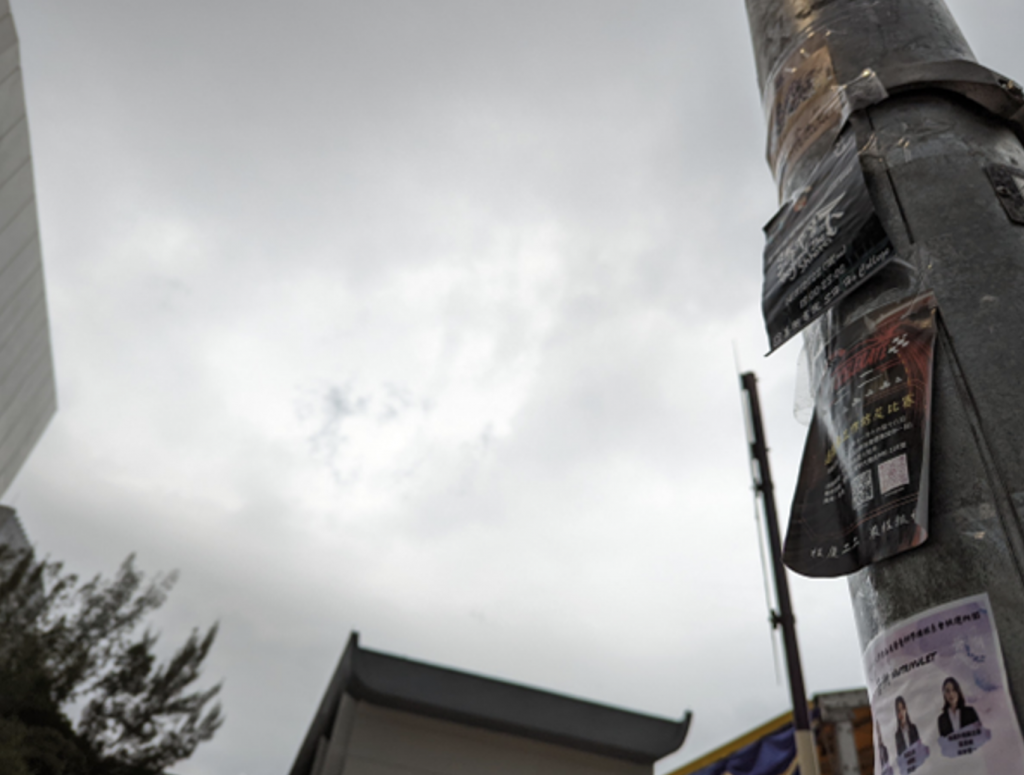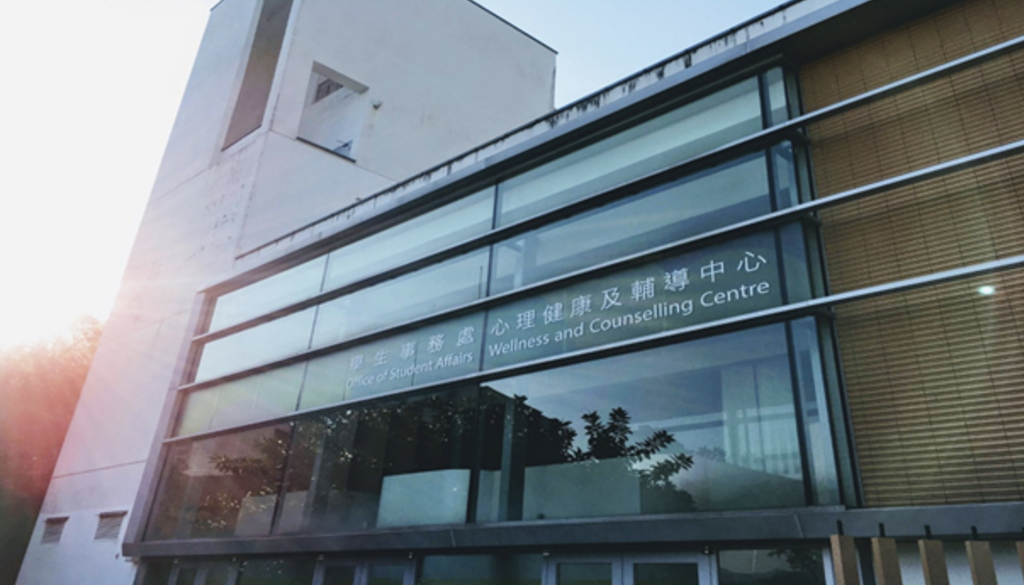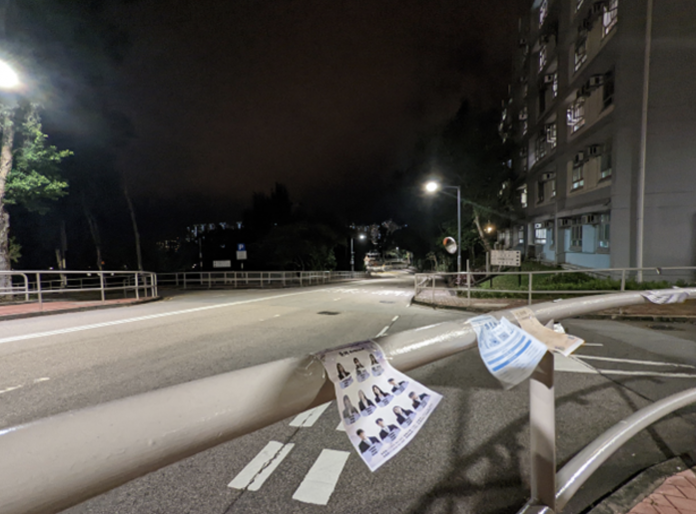Many university students are feeling anxious and hesitant because of too many club affairs.
By Christine Tang
Amy Chan*, a student at the Chinese University of Hong Kong (CUHK), quit a service club that aims at nurturing tertiary students into future leaders, due to a mismatch between expectations and reality.
“I would warn freshmen to consider seriously before getting involved in any societies at university. Hold realistic expectations that even if you go along with your friends happily, you can still end up in distress yourself,” the Year Two student says.
“I once thought we could organise what we wanted freely with much financial support and few limitations,” the former public relation officer of the club adds.
“There were way too many meetings, most frequently twice a week lasting for two hours for my post. The aim of the meetings was usually to achieve consensus between students and advisors in organising activities. Sometimes, I had to join meetings over the phone because there was a time clash between the club’s work and my personal life,” she says.
“Other than meetings, off-campus training with other universities’ units, which aimed to build up leadership skills, lasted even longer, like for the whole day long or even overnight when the pandemic was not that serious,” Chan adds.
It is even harder in event execution, as students had to gain approval from the unit’s advisor every time in deciding what and how events should be like. For example, even the name of events, graphics and texts of social media posts had to be approved by the advisor, limiting students’ freedom in event planning and execution.
While the experience of organising event is not what Chan imagined, the friendships with her friends have also been adversely affected due to personal matters. They are no longer close now.

“Of course, I do feel a bit remorseful as I left my friends behind. But overall speaking, the benefits outweigh the loss, as I am now mentally less stressed. Back then, my schedule was so packed that I could hardly enjoy university life,” Chan says.
“Luckily, the process of quitting was smooth as other members and the advisor show their understanding of my situation,” Chan says.
Another university student, Chloe Lau*, quit a service club because of her mental health.
“They got mad at me because I was not involved much in designing products, while they never understood my situation as I was having depression at that time due to the social movement,” the Year Four student at CUHK says.
“Differences in value judgment drove us apart. I was way more concerned about the socio-political situation of Hong Kong than they were. I did not think it was worth all the hassle to make souvenirs to be put on campus. To me, obviously, the social unrest was a more pressing issue,” the former design officer of the club adds.
Lau got involved in the club in Year One in the hope of serving the community and making new friends, as she had a good experience doing voluntary service back in secondary school.
But none of her expectations were met.
“I realized we were not true friends as they did not even care about my mental health but the work. After quitting, I gradually got better emotionally and concluded that birds of different feathers do not flock together,” Lau says.
Despite the dissatisfactory experience, she realises her passion and values in being part of another society after two years. She finds her values in promoting public awareness about sex and gender.

“I would strongly encourage people to get counselling service on campus when necessary as it is free of charge when you are still a CUHK student. It is rare to have people listening to you without judgment while being very supportive, ” Lau says.
“I had insomnia problems back then and got diagnosed with depression very soon. Then, I was prescribed antidepressant from the university health service,” Lau adds.
Another university student, Celine Pang*, also quit a society for her own good.
Pang, once an exco-member of a debating team at CUHK, decided to quit after being in the team for two years.
“We got three-hour meetings twice a week and on top of that I had to join competitions which would usually take up an entire weekend. At times, I had to multitask to get prepared for my mid-term and final exams,” the Year Three student says.
“Especially now I do not live in dorm, it started to take up a lot of time and I also started to get a lot busier with schoolwork, so I decided it was not really worth it to join a society anymore” Pang says.
Students take part in club activities for different reasons. One of the common reasons for CUHK students to live on campus is to earn enough hostel points in a bid to retain a bed place at the dormitory.
While joining the society was a bigger commitment than she initially expected and realised, other underlying factors, including interpersonal problems, also led her quitting the team.
“Sometimes it would take up a lot of my emotional strength as I cried several times. It also took me time to deal with major disagreements within the committee members,” she says.
“It was just troublesome and draining to deal with, though it was mostly just differences in opinions arising due to different people being in the same team,” she says.
According to a written reply provided by Megan Tsang, one of the supervisory staff members at Office of Student Affairs, CUHK promotes whole-person development and encourages students to enrich their university life.
“CUHK students could join different student organizations or participate in diverse student programmes. Students join activities according to their own interests. For example, some may wish to learn from operating a student society by being ExCo members; some may participate in other interest clubs or social service teams,” the head of Student Development and Resources Section says in her reply.
She notes that while students could learn from joining non-formal activities, they are reminded that time management and striking a balance between academic study and activities are also important.
*Names Changed at interviewees’ request
Sub-edited by Chaelim Kim







































